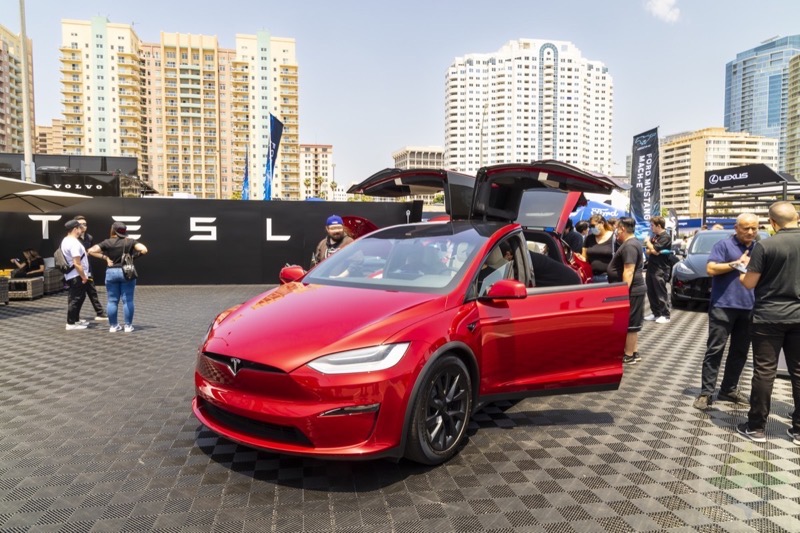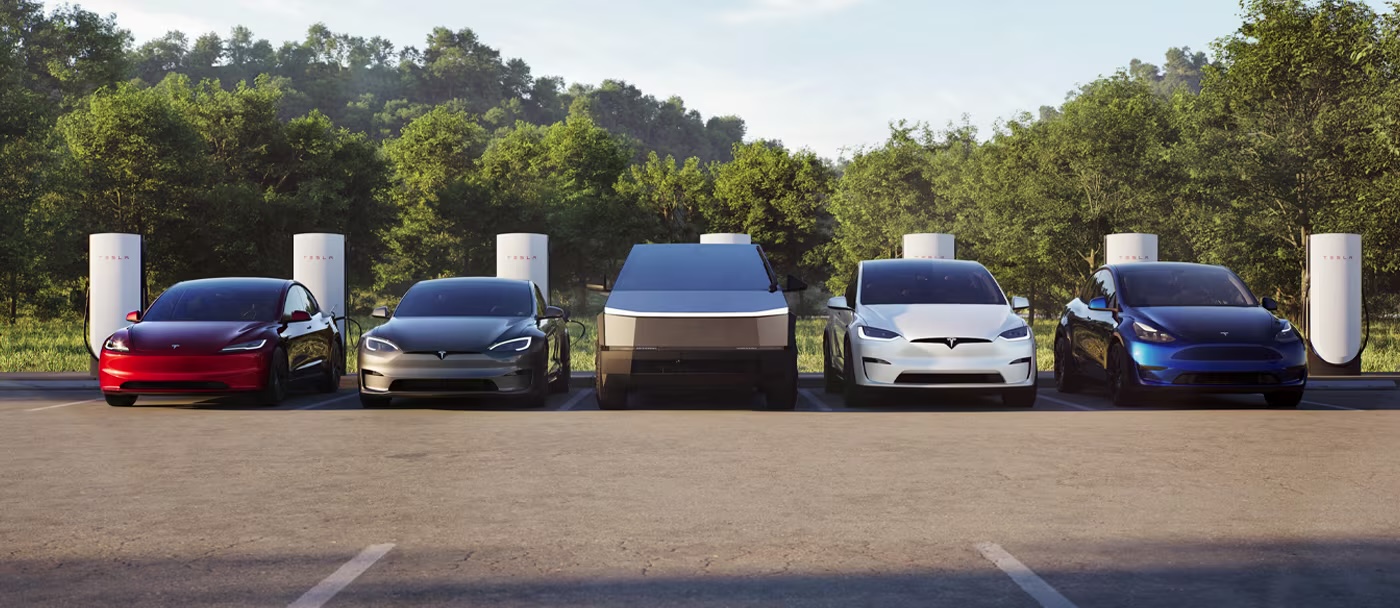
Nearly 50% of US Car Buyers Plan to Buy Electric, Says Survey

EY’s latest Mobility Consumer Index (MCI) has revealed that the interest of US consumers in electric vehicles (EVs) has reached an unprecedented high. Nearly half of US car buyers, or 48%, plan to purchase an EV in the next two years. This figure shows a significant increase of 19% from 2022.
According to the report, the US also advanced five spots in EV readiness, ranking seventh worldwide.
The MCI, based on a survey of over 15,000 consumers from 20 countries, analyzes mobility trends in the US, including vehicle electrification, autonomous and shared mobility, and societal implications. Steve Patton, EY Americas Mobility Sector Leader, emphasizes that the data shows the US at a critical juncture for mainstream EV adoption, spurred by government legislation and private-public sector collaboration.
Demand for EVs has risen in tandem with shifting mobility behavior. The number of existing car owners planning to buy new cars in the US increased by 3% in 2023. Notably, the US exhibited a significantly higher car-buying intent, 60%, compared to the stagnant global average of 44%.
In particular, electric SUVs, dubbed SU(E)Vs, continue to gain popularity, with 38% of North American buyers favoring SUVs over sedans or other vehicle types. This indicates that automotive companies would do well to invest in larger EV models.
While consumer confidence in EV performance has improved over the past two years, concerns persist regarding EV infrastructure and safety. The primary deterrent for potential car buyers remains the scarcity of charging stations, with over half (51%) of US consumers expressing more concern about finding a charging station in non-residential facilities than about expensive charging costs. Moreover, 57% of potential US buyers cite the safety of home chargers as a key deterrent — 10% higher than their global counterparts.
Marc Coltelli, EY Americas eMobility Energy Leader, stresses the importance of access to safe, reliable, convenient, and affordable charging for the widespread adoption of EVs. To meet the expected demand for 82 million EVs on US roads by 2035, the energy industry must help to foster charging confidence among consumers and build a resilient EV charging network.
The report suggests that as the infrastructure, performance, circularity, lifespan, and financial value of EVs continue to improve in the US market, we can expect to see increased adoption of EVs across commercial and consumer applications.

